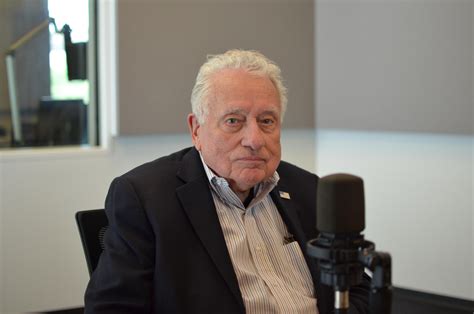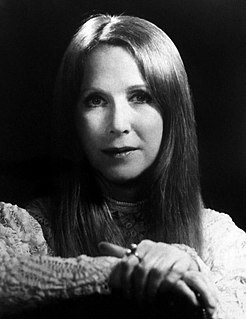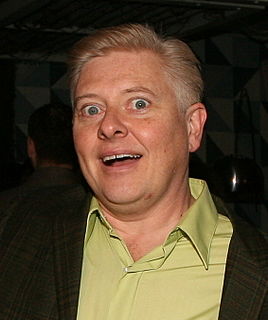A Quote by Buzz Aldrin
The decision to go to the moon is now appreciated and associated with President Kennedy's speech, but somebody else had told him it was a good idea. It turned out to be a good commitment, but it was a unique situation.
Related Quotes
I turned goalkeeper. My father had been one and we had a goal in the back garden. He'd taught me a bit about it so I thought I'd give it a go. I didn't really know whether it was going to be a good choice or a bad one but I joined a small local team as a keeper and it turned out to be a really good decision.
Scientists constantly get clobbered with the idea that we spent 27 billion dollars on the Apollo programs, and are asked "What more do you want?" We didn't spend it; it was done for political reasons. ... Apollo was a response to the Bay of Pigs fiasco and to the successful orbital flight of Yuri Gagarin. President Kennedy's objective was not to find out the origin of the moon by the end of the decade; rather it was to put a man on the moon and bring him back, and we did that.
Part of what's unique about climate change, though, is the nature of some of the opposition to action. It's pretty rare that you'll encounter somebody who says the problem you're trying to solve simply doesn't exist. When President Kennedy set us on a course for the moon, there were a number of people who made a serious case that it wouldn't be worth it; it was going to be too expensive, it was going to be too hard, it would take too long. But nobody ignored the science. I don't remember anybody saying that the moon wasn't there or that it was made of cheese.
The decision he made with Usama bin Laden was a tactical decision. It wasn't a strategic decision. The strategic decision was made by President Bush to go after him. What President Obama has done on his watch, the issues that have come up while he's been president, he's gotten it wrong strategically every single time.
































